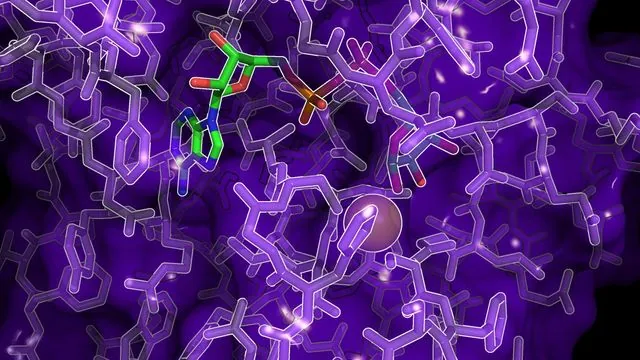
Astroscale Achieves Historic 15-Meter Approach to Space Debris – A Milestone for Orbital Sustainability!
2024-12-17
Author: Siti
Introduction
Astroscale Japan Inc., a leader in space debris management and a subsidiary of Astroscale Holdings Inc., has celebrated a significant milestone in their mission to tackle the growing issue of space debris. Their satellite, Active Debris Removal by Astroscale-Japan (ADRAS-J), successfully navigated to within an impressive 15 meters of a piece of space debris, setting a new record for the closest commercial approach using Rendezvous and Proximity Operations (RPO).
Collaboration with JAXA
This groundbreaking maneuver comes under the auspices of the Japan Aerospace Exploration Agency (JAXA) as part of its Phase I Commercial Removal of Debris Demonstration program. Not only did ADRAS-J exceed the baseline objectives established by JAXA, but it also showcased Astroscale's ability to efficiently execute complex operations independently. Central to this mission was the Capture Initiation Point (CIP), a critical juncture for future robotic capture missions designed to safely remove space debris from orbit.
Mission Overview
During the operation, ADRAS-J expertly reduced the distance to just 50 meters behind the targeted upper-stage rocket body before maneuvering to its final position approximately 15 meters below the designated Payload Attach Fitting (PAF). This strategic positioning is essential for ADRAS-J's upcoming ADRAS-J2 mission aimed at effectively removing space debris. Although the mission experienced an autonomous abort due to an unexpected relative attitude anomaly, the onboard collision avoidance system performed as intended, allowing ADRAS-J to safely retreat from the target.
Safety and Control Systems
Astroscale's robust safety and control systems, demonstrated throughout this high-risk operation, validate the satellite's capability to conduct close proximity maneuvers in space. The advanced Fault-Detection, Isolation, and Recovery system ensured mission stability amid complexities and potential hazards. This successful demonstration follows an earlier operation in July, where ADRAS-J conducted a fly-around observation to assess structural integrity.
Achievements and Implications
The mission achieved all observational objectives set by JAXA, including two successful fly-around inspections that examined the integrity of the PAF from different angles. The critical data gathered during these operations will deliver vital insights for future space debris removal missions, further contributing to enhanced orbital sustainability.
Conclusion
Astroscale's remarkable achievement not only emphasizes their advanced RPO and inspection technologies but also sets a new benchmark for the future of space operations. As the space environment continues to face challenges from increasing debris, similar initiatives will be crucial in ensuring safe and sustainable use of Earth's orbital resources. With this successful demonstration, the ADRAS-J mission paves the way for a new realm of possibility in removing hazardous debris from space, thus preserving this invaluable frontier for future generations.
Call to Action
Stay tuned – you won't want to miss what's next for Astroscale and the fight against space debris!



 Brasil (PT)
Brasil (PT)
 Canada (EN)
Canada (EN)
 Chile (ES)
Chile (ES)
 España (ES)
España (ES)
 France (FR)
France (FR)
 Hong Kong (EN)
Hong Kong (EN)
 Italia (IT)
Italia (IT)
 日本 (JA)
日本 (JA)
 Magyarország (HU)
Magyarország (HU)
 Norge (NO)
Norge (NO)
 Polska (PL)
Polska (PL)
 Schweiz (DE)
Schweiz (DE)
 Singapore (EN)
Singapore (EN)
 Sverige (SV)
Sverige (SV)
 Suomi (FI)
Suomi (FI)
 Türkiye (TR)
Türkiye (TR)